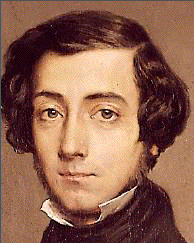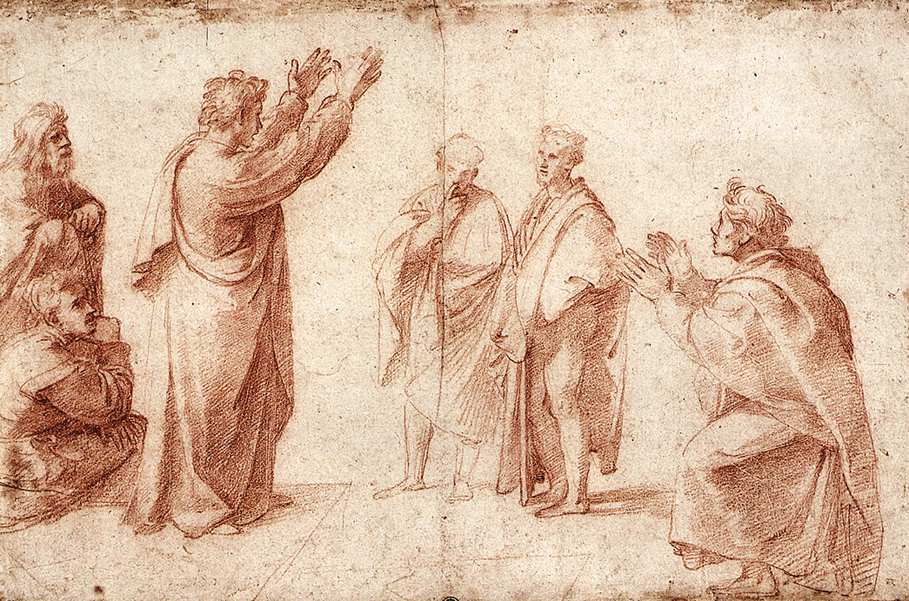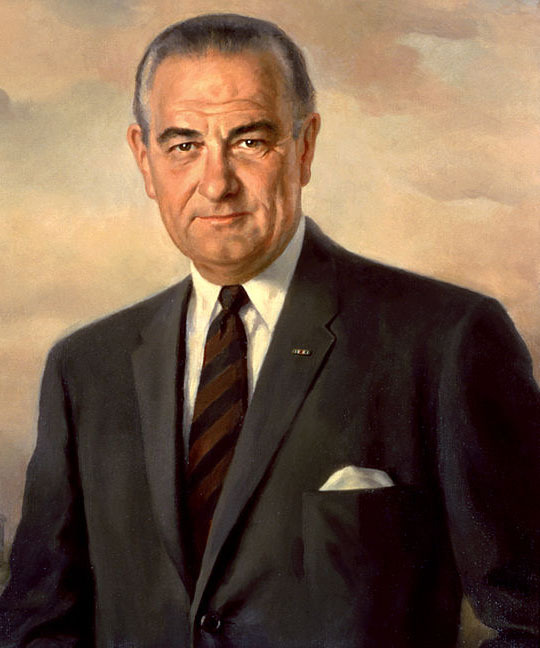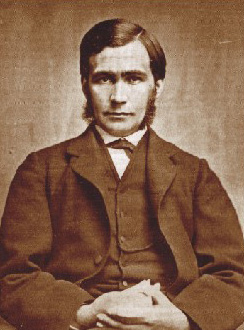Update: The following text is rough draft. The series has been substantially revised and abridged, and the section by the YouTube blogger Turd Flinging Monkey is available in a single PDF: here.
______ 卐 ______
The biological origins of patriarchy and feminism
 In many sexually reproducing species, says the blogger, for males their reproductive success is limited by the access to females, while females are limited by the access to resources. Resources usually include nest sites, food and protection. In some cases, the males provide all of them. The females dwell in their chosen males’ territories through male competition. (If you want to argue that these animal behaviors are human social constructs you are an idiot.)
In many sexually reproducing species, says the blogger, for males their reproductive success is limited by the access to females, while females are limited by the access to resources. Resources usually include nest sites, food and protection. In some cases, the males provide all of them. The females dwell in their chosen males’ territories through male competition. (If you want to argue that these animal behaviors are human social constructs you are an idiot.)
In his video “The biological origins of patriarchy and feminism” the blogger introduces the paradigm of our closest simian cousins to illustrate his point: the bonobos and the chimpanzees.
The chimpanzees make wars and are violent with the females. The blogger inserts clips of Sean Connery playing a James Bond slapping women in several films. The bonobos on the other hand are pacifists. Like the hippies they make love, not war. Studying the species closest to us humans will prove to be illuminating.
 The liberal Briton Richard Wraugham, who studies the chimps in situ, says: “Chimpanzee society is horridly patriarchal, horridly brutal in many ways from the females’ point of view.” In order that an adolescent chimp is promoted to the adult category he has to subdue all the females. “They get beaten up in horrid ways.”
The liberal Briton Richard Wraugham, who studies the chimps in situ, says: “Chimpanzee society is horridly patriarchal, horridly brutal in many ways from the females’ point of view.” In order that an adolescent chimp is promoted to the adult category he has to subdue all the females. “They get beaten up in horrid ways.”
In another geographical place that we can watch in the blogger’s video, a blonde zoologist observes the bonobo behavior. She says that it is almost a paradise of sex. They do it in every conceivable way, even among the males and even pedophilia. The blonde asks what happened to produce such a pacific relationship between the sexes. She argues that the solidarity among female bonobos makes them capable to dominate the males. Then the liberal Wraugham says in the blogger’s video: “It was impossible for early humans to travel in groups around together as bonobos do, and therefore for females to form alliances and dominate the males in the way that happened in bonobos. A little bit of difference in climate history, a little bit of difference in food history and we might have evolved to be a totally different, less violent, more sexual species.”
In “Guide to human society and egalitarianism” the blogger reproduces the pic of a huge male gorilla and says that they fight among themselves to see who among them will conquer access to all the females (tournament mating). In this social system the females are practically the property of the males. “In patriarchal society women are expected to be obedient and submissive at all times.” The blogger makes a point with the hyenas: the polar opposite of the chimpanzee. Even the lowest ranked female hyena dominates the highest ranked male!
Between those extremes of matriarchy and patriarchy there is a third group of animals with almost no sexual dimorphism: the extremely elegant swans for example. “Humans,” says the blogger, are somewhere in-between a tournament and a pair-bonding species.”
The chimps have a more pronounced physical dimorphism than the bonobos, even though both have a common ancestor. The key to understand the bonobos is abundant resources and the lack of environmental threats. The blogger says that there is little sexual dimorphism in birds because they can easily escape the predators. Being able to fly means, additionally, that it is relatively easier to obtain fruits or insects while the other animals have to work harder to obtain them. The chimpanzees, unlike the bonobos, share the forest with the gorillas. The latter control all food on the ground, forcing the chimps to gather on the trees. The chimps avoid the gorillas as far as they can. This competence for limited resources in a hostile environment has moved chimp society towards patriarchy.
 In bonobo society such competence does not exist. Bonobos are egalitarian and gynocentric. It is untrue what the blonde zoologist said above because among the bonobo violence comes from the females. They join forces and attack a male by biting his fingers and penis. The chimps may beat and rape the females, but don’t dismember them. In the supposedly egalitarian bonobo society bonobo males are dismembered if they get out of line.
In bonobo society such competence does not exist. Bonobos are egalitarian and gynocentric. It is untrue what the blonde zoologist said above because among the bonobo violence comes from the females. They join forces and attack a male by biting his fingers and penis. The chimps may beat and rape the females, but don’t dismember them. In the supposedly egalitarian bonobo society bonobo males are dismembered if they get out of line.
In the bonobo society the females even mate with the weakest males because it is easier to control them, and bite the penises of those who resist their Diktat. Due to this sexual selection, with time the male bonobos shrank anatomically in generations. The blogger says that if chimps faced male bonobos the former would kill them all, and the females’ trick of trying to bite off the penises wouldn’t work. (The blogger adds a drawing clearly showing how the male chimp is anatomically more robust than the male bonobo.) Having the bonobo paradigm in mind, the blogger tells us: “That my friends is the central flaw in egalitarianism and gynocentrism. It literally and consciously breeds weakness.” In other words, if the chimps failed to behave the way they do they would die.
Egalitarianism is essentially gynocentric. Women are the limiting factor in reproduction. If a man wants to reproduce, he has to acquire women one way or another. He can beat and rape a woman into submission… or engage in courtship like bonobos do. The inequality of sexual reproduction makes true gender equality impossible.
Speaking of feminist laws in the US, William Pierce said that pursuing the equality dream is destructive for the white peoples. The blogger again:
Whether you call it feminism, egalitarianism or gynocentrism, it is unsustainable and will eventually destroy society.
To understand the West’s darkest hour we must keep in mind that to reach a gynocentric society two things are required: abundance of resources and absence of external threats. Both will be inverted in the aftermaths of the crashed dollar, and the subsequent black chimp-out in America’s big cities.
The flaw of the anti-white system is that the welfare state has produced a milieu of false abundance. After the end of the World Wars and the Cold War, “with all the threats neutralized the West could safely purge itself from masculinity” said the blogger, just as in the bonobo society. The flaw with the social engineering of bonobo-izing humans is that this “solution” drives the West toward weakness: gynocentrism undermines a society’s defenses which will guarantee its collapse sooner or later. To boot, unlike the bonobo Congo paradise Western economy is founded on a bubble that soon will pop, according to Austrian economics.
When you purge and attack masculinity from a culture you may eliminate the rappers and the violent murderers but you also eliminate the leaders, the inventors, the geniuses.
Chimps can create new tools, but not the bonobos. The blogger also says that gynocentric societies are more primitive than the patriarchal: there is no invention. There are only a hundred thousand bonobos in the world and, in a natural state, only in a specific area of the Congo. There are 300 percent more chimps than bonobos, and they live in five African countries. They evolved to the able to do it because they can triumph in hostile environments. In their garden of Eden the bonobos have survived by sheer luck.
Back to the white race. There are two ways that a gynocentric society can collapse. The good one is by entering again a patriarchal state. The bad one is being conquered by a more masculine culture. I have already quoted Will Durant in other article but it merits re-quoting:
The third biological lesson of history is that life must breed. Nature has no use of organisms, variations, or groups that cannot reproduce abundantly. She has a passion for quantity as prerequisite to selection of quality. She does not care that a high rate has usually accompanied a culturally low civilization, and a low birth rate a civilization culturally high [emphasis added] and she sees that a nation with low birth rate shall be periodically chastened by some more virile and fertile group.
Writing about Muslims vs. Europeans Durant then said that there is no humorist like history. Presently the Muslims are gradually outbreeding whites in a Europe that will soon become Eurabia. In order that the human bonobos of today go back to their chimp ways of yore we must be expelled from the false Eden that presently we inhabit. The good news is that Winter is coming…







